Advertisements for sports supplements are everywhere! They usually include a sweaty, muscled, barely dressed model drinking something called Ripped Force, Jacked, Ultimate Shred or some other ridiculous name. The sports nutrition industry is a $40 billion plus industry. There is a lot of money behind that marketing. But do these products even work?
Let’s take a look at a few of the most popular sports supplements beyond protein powder.
Creatine
Creatine is an amino acid that is naturally produced in the body, mostly in the kidneys and liver. We also get creatine from food sources, including meat, poultry and fish. About 95% of creatine is stored in our muscles, the rest is in the heart and brain. Creatine helps supply our cells with energy (ATP).
Creatine supplements are likely the most studied sports supplement. Supplementing with creatine enhances your body’s natural ability to create ATP. Creatine has been called the “most effective ergogenic nutritional supplement available” by the International Society of Sports Nutrition, for seemingly good reason.
Overall benefits of creatine supplementation include:
- Improved muscle strength and endurance during short high intensity movements (like strength training or sprinting)
- Increased muscle mass
- Enhanced recovery
- Greater training tolerance
- Injury prevention
Not everyone responds to creatine supplementation. It does appear to be more effective in people with low initial levels of creatine, like vegetarians or in beginners or those who have lost muscle mass (due to injury, illness or age).
Dosing
The majority of studies have been done on creatine monohydrate. This also seems to be the least expensive form of creatine. Dosing can range from 3-7 grams per day, with most people seeing benefits around 5 grams per day (3g if you are smaller, 7g if you are a larger person). A loading dose – taking a much higher amount for a few weeks before reducing to the maintenance amount – is not necessary. This also helps you avoid the side effects from high dose creatine intake like cramping and bloating.
Tips
- Some studies have found that taking caffeine at the same time as creatine can actually decrease or even negate creatine’s benefits.
- Adequate hydration is essential if you are supplementing with creatine because creatine pulls water into your muscle cells increasing your risk of dehydration.
- Also, if you are using a powder or mix, drink it as soon as possible, as the creatine will start to break down once in liquid.
Branch Chain Amino Acids
Amino acids are the building blocks of protein. We have nine essential amino acids, meaning that you must get them from your diet. Branch chain amino acids (BCAA) are three of those essential amino acids. They include leucine, isoleucine, and valine. Most research on BCAA supplementation shows minimal benefit if you have adequate protein intake.
Some research shows that BCAA supplementation might be beneficial for reducing or delaying muscle soreness and improving muscle recovery but the benefits are minimal for the most part.
Leucine does play a significant role in protein synthesis (muscle growth), but it is also found in many protein-rich foods, especially those of animal origin.
In general, aim to get adequate protein from real, whole foods or high-quality protein supplements like whey protein and skip the BCAA supplements unless you have a very specific need or condition that either limits your protein intake, or increases your need for BCAA (both rare in healthy adults).
Pre-workouts
These are typically a combination of several supplements that are meant to boost energy, strength and endurance for a workout or training session. Pre-workouts typically contain caffeine, beta alanine, L-citrulline, L-arginine and possibly electrolytes, BCAA and creatine.
Caffeine is usually the top ingredient in pre-workouts. Studies on caffeine and sports performance date back to the early 1900s. Caffeine has been shown to improve strength and endurance and increase pain tolerance during exercise. Most research has shown that doses of 3-6mg/kg body mass are ideal for improvements in exercise performance. This means that a 160-pound person would need 220-430mg of caffeine, equivalent to 2-4 cups of coffee. Higher doses have no increased benefit and will likely come along with some nasty side effects, like irritability, stomach pain and insomnia.
Beta alanine is an amino acid that is naturally produced in the liver and found in food sources such as poultry and meat. Supplementing with beta alanine may help boost endurance of short duration, high intensity exercise by delaying the accumulation of lactic acid build up in the muscles. Research suggests that to get the benefits of beta alanine supplementation, a loading dose between 4 to 6 grams daily, in doses of 2 grams or less, several times per day for a minimum of 2 weeks is needed. With the most benefits seen after 4 weeks. Higher doses taken at once can result in an uncomfortable tingling sensation called paresthesia that can last up to an hour. This can be reduced by either spacing out smaller doses or using a sustained-release formula.
L- arginine and L-citrulline are amino acids that help produce nitric oxide, which is a vasodilator. Basically, it helps to relax the blood vessels and improve blood flow, increasing the power and length of time the muscles can exercise. Studies have found that supplementing with L-citrulline, which is actually a precursor to L-arginine, works better at increasing L-arginine levels in the body than supplementing with L-arginine itself. Doses between 2 to 3 grams of L- citrulline per day, for at least 6 days, has been shown to increase exercise performance. Interestingly, watermelon is a good source of L-citrulline. Beets are another food that can increase nitric oxide.
The other thing that can not only give you an energy boost, but also help with endurance and supporting strength gains with no side effects is a pre-workout snack that contains real food carbs and some protein!
Do sports #supplements work or are they a waste of money? Find out. #saslife Click To TweetKey Points
Before you spend money on any of these supplements, make sure you have the basics in place. Your body needs the proper amount of nutrients, sleep, hydration AND stress management. If you haven’t worked on these yet, you will likely be wasting your money on supplements.
It’s also important to make sure the timing of these supplements don’t interfere with sleep or any other of these basic needs. If you exercise in the evening, you will likely want to skip the pre-workouts that contain caffeine.
And, as always, make sure to talk to your health care provider if you have any concerns.
Slow Cooker Carne Asada
Makes 4 servings
Recipe from: 5 Dollar Dinners
PRINT RECIPE
Beef is a great source of creatine, paired with plenty of nutrient dense herbs and veggies and real food carbs for energy.
Ingredients
½ cup onion, chopped
5 garlic cloves
1 jalapeno, seeded
small bunch of cilantro
2 Tbsp olive oil
1½ lbs flank or skirt steak
Salt and pepper
Directions
1. Add onion, garlic, jalapeno, cilantro and olive oil into a small food processor or food chopper.

2. Grind until it makes a paste like spread.
3. Place the flank steak in the base of a slow cooker and season with salt and pepper.
4. Spread the mixture on top of the meat.
5. Cook on low and for 8 hours.
6. Remove carefully from the slow cooker, as it will be very tender.
MAKE IT A MEAL: Serve with grilled or roasted bell peppers, onions and broccoli and a baked sweet potato.
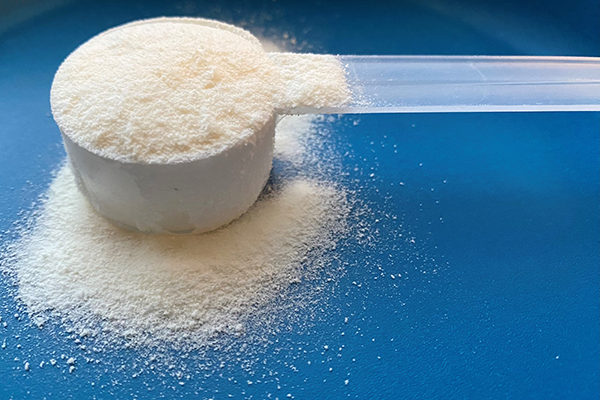
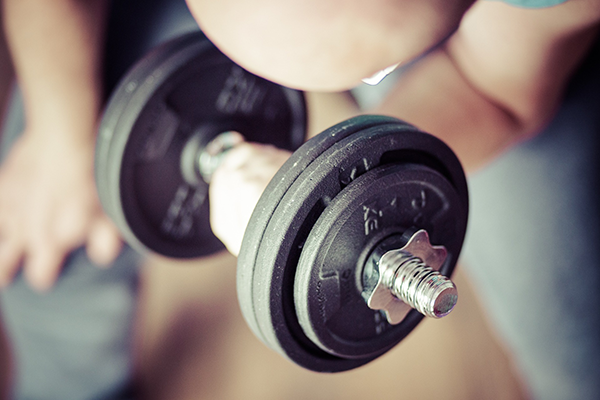
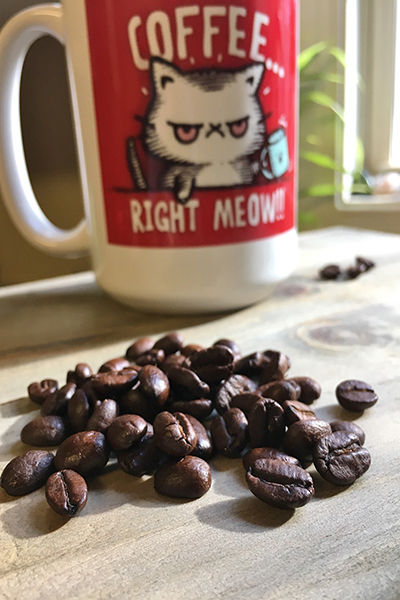
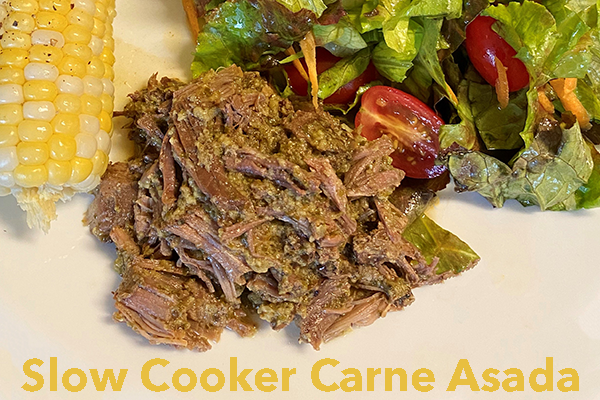
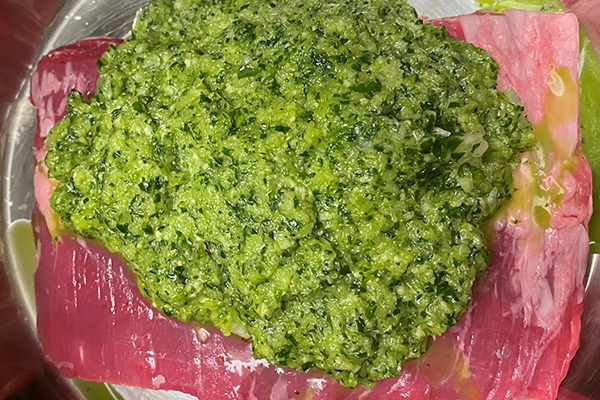
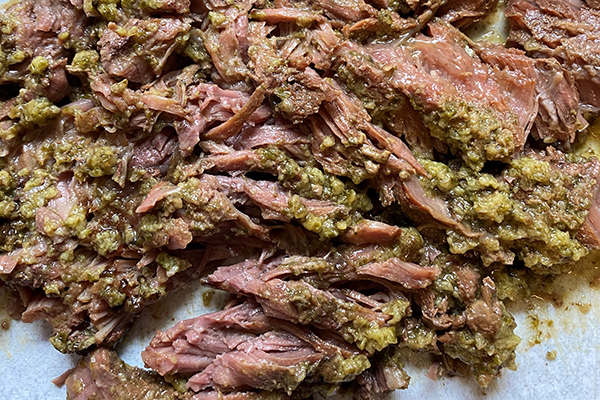

2 Comments
Love this!!
Thank you!